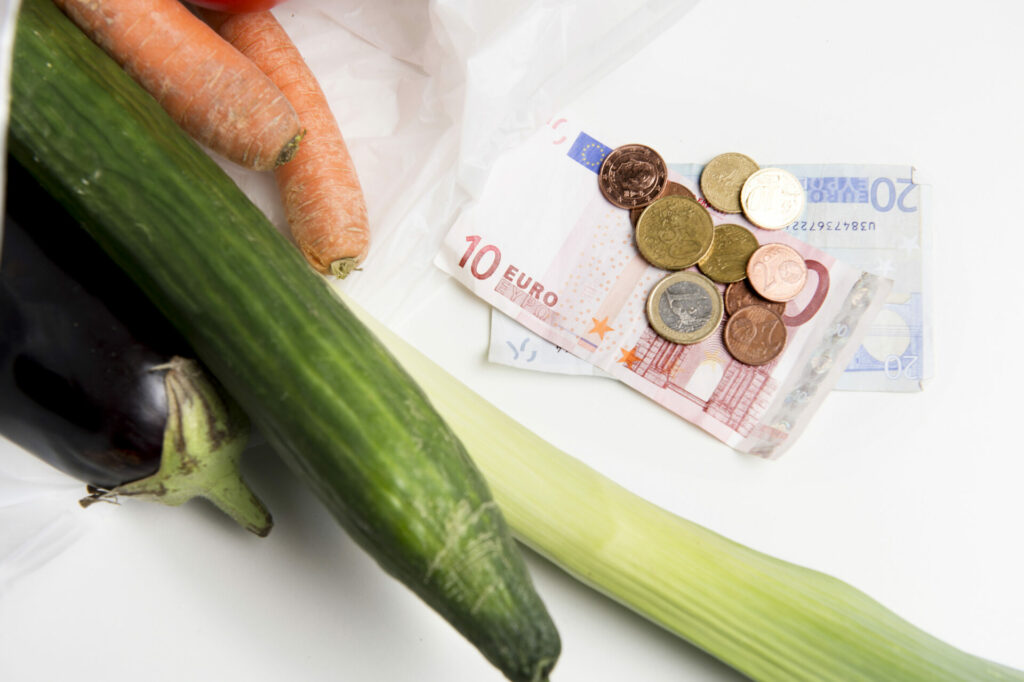Inflation in Belgium fell from 10.35% last month to 8.05% in January, the third month in a row that inflation has decreased after peaking at 12.27% in October and dropping to 10.63% in November.
According to data published on Monday by Statbel, Belgium's statistics office, this month's decline in the overall inflation rate was due to the dramatic recent fall in gas prices which, in turn, was precipitated by Europe's unseasonably warm weather this winter.
In particular, natural gas inflation fell from 73.1% to a remarkable -7.1% — implying that gas prices are currently 7.1% cheaper compared to this time last year — while energy inflation as a whole decreased from 32.88% to 5.21%.
However, food inflation experienced a notable increase, rising to 15.59% from 14.53%, with oils (28.2%), dairy products (24.6%), and bread and cereals (18.3%) undergoing especially sizeable price growth.
Even more worryingly, Statbel found that core inflation — which strips away the impact of energy prices and unprocessed foods on the overall rate of inflation — rose from 7.34% to 8.05%, thereby suggesting that rising prices are becoming an increasingly entrenched feature of the Belgian economy.
"Conclusion of this month: the energy crisis seems to have become a food (price) crisis," tweeted Stijn Baert, a Professor of Economics at Ghent University. He added: "The worrying point is that food prices are still out of control."
'Still way too high'
Despite the welcome decrease in the overall rate of inflation, it is highly unlikely that the latest data will prevent European central bankers from further increasing interest rates to drive down price growth, given that the eurozone's current average inflation rate of 9.2% is still well above the European Central Bank's (ECB) official 2% target.
Indeed, earlier this month ECB President Christine Lagarde informed the World Economic Forum at Davos that inflation is "still way too high", stating that the ECB will "stay the course... so that we can return inflation to 2% in a timely manner".
Related News
- Euro soars to 9-month high against dollar
- Inflation in Belgium falls, but remains higher than eurozone average
Lagarde's remarks were later echoed by Klaas Knot, a member of the Governing Council of the ECB, who noted in an interview with La Stampa Italian newspaper that the ECB will raise its benchmark interest rate by 50 points in both February and March this year in its efforts to temper rising core inflation.
"In the December data, we saw a first decline in headline inflation, but that was entirely due to base effects and lower energy inflation," Knot explained. "When we focus on core inflation, unfortunately it's not good news; it is still on the rise. Underlying inflationary pressures show no signs of abating yet."

